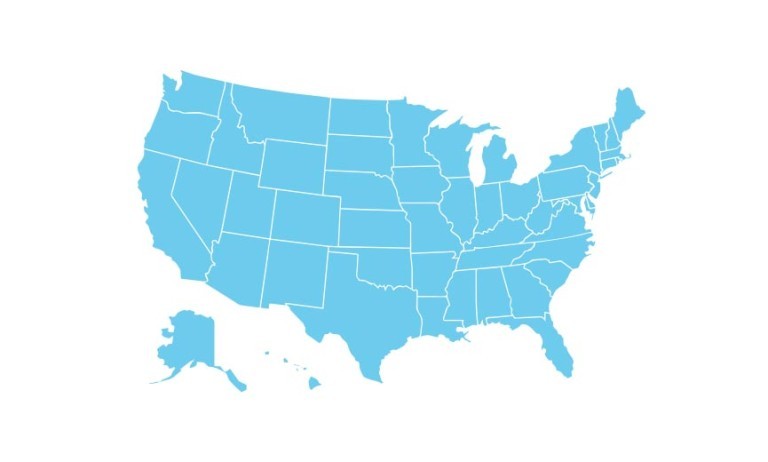Business Resources to Help You and Your Employees

No Tax on Overtime and Tips: The New IRS Rules
Business owners and payroll managers seeking insights on how handle tip pooling and double-overtime pay to ensure accurate W-2s, as well as address employee questions on qualified compensation under the tax-free provisions in the 2025 Tax law, this on-demand webinar can help.
No Tax on OT and Tips FAQ
Two recent Paychex webinars on the no tax on overtime and tips provisions from the 2025 tax law, also known as the One Big Beautiful Bill Act, provided context for employers, accounting professionals, and employees on the deductions. Registrants asked many good questions, and our Compliance analysts have helped further clarify details ahead of April's tax filing deadline.
All Resources
Business Podcasts
Paychex Thrive, a Business Podcast
Navigate the dynamics of today's business climate.

Paychex Pulse, an HR Podcast
The issues facing today's human resource leaders and managers.










